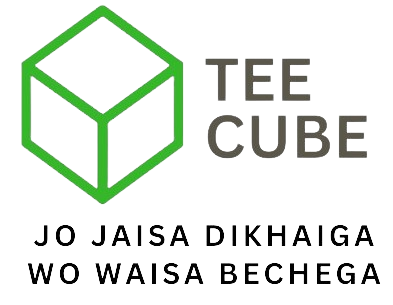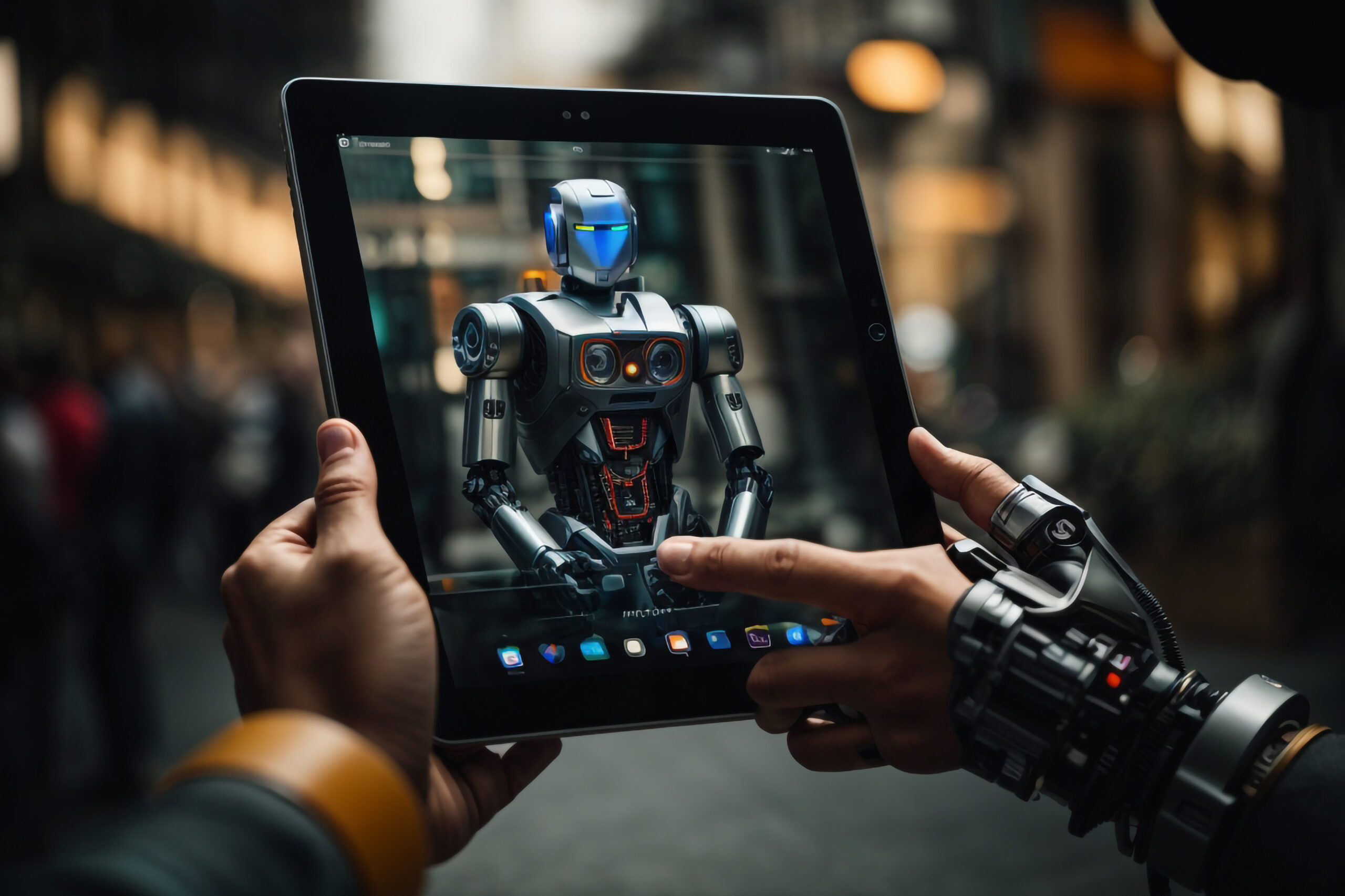The world of video content is rapidly changing with the rise of artificial intelligence (AI). AI-generated videos are becoming more sophisticated, allowing for quick content creation at scale. While this advancement has opened new possibilities, it also raises questions about authenticity, transparency, and trust. In this blog, we’ll explore why AI-generated videos might not be the quick fix for digital marketing you expected and why you should consider some crucial factors before embracing this technology.
### Problem Context
AI-generated videos can be a double-edged sword. On the one hand, they offer a way to create content efficiently. On the other hand, their use can lead to questions about credibility, especially with major platforms like YouTube, Facebook, and Instagram now requiring clear labels to distinguish AI content from human-created videos. These labels are a response to growing concerns about fake content and misinformation, impacting marketers and business owners who rely on these platforms for reach and engagement.
### #1: Authenticity and Trust
Consumers value authenticity, and AI-generated content may struggle to meet that expectation. When users see labels indicating AI involvement, they might question the content’s credibility. Trust is a key factor in marketing, and the lack of personal connection in AI-generated videos can make it difficult to build that trust.
Marketers and business owners must consider whether AI-generated videos will resonate with their target audience. If your customers prefer personalized content delivered by a passionate individual or expert, AI-generated videos might not be the best fit.
### #2: Compliance and Platform Regulations
As AI-generated content becomes more prevalent, platforms are implementing stricter regulations to ensure transparency. Facebook and Instagram now display labels on AI-generated images, and YouTube marks AI-generated videos in the expanded description, with additional labeling for sensitive topics like health, finance, and elections. These regulations could impact the visibility and reach of AI-generated videos.
It’s crucial to understand these regulations and ensure compliance when incorporating AI-generated content into your marketing strategy. Non-compliance can result in reduced visibility or even removal of content, affecting your marketing efforts.
### #3: Quality and Engagement
AI-generated videos, while efficient, can sometimes lack the quality and engagement of human-created content. Authenticity, personality, and emotional connection are vital components of successful marketing. AI-generated content might not capture these elements effectively, leading to lower engagement rates and reduced reach.
Before investing in AI-generated videos, consider whether they align with your brand’s voice and style. If not, you might be better off with a traditional video ad production approach that emphasizes creativity and personal connection.
### Conclusion
AI-generated videos offer exciting possibilities for content creation, but they come with challenges that marketers and business owners must consider. Authenticity, compliance, and engagement are critical factors in determining whether AI-generated videos are right for your marketing strategy. To build trust and maintain a strong connection with your audience, traditional video ad production and marketing services might be the better option.
We’d love to hear your thoughts on AI-generated videos and their impact on digital marketing. Have you used AI-generated videos in your campaigns? What challenges did you face? Leave a comment below and share your experiences.


